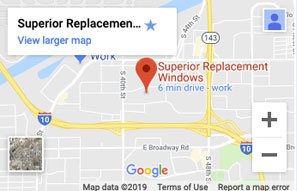Our Most Frequently Asked Questions
Got questions? We’ve got answers! Below is a list of the most frequently asked questions by our glass customers.
Don’t see an answer to your question? Please contact us and we’ll be happy to answer any questions you have about residential and commercial glass and windows.


